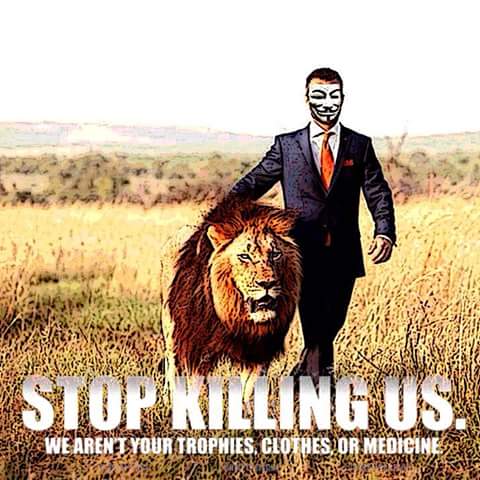Never mind corruption or social media
misuse or financial irresponsibility. Currently Australian politics
seems to be in the grip of an entirely new trend: dual citizenship!
Under Australian Constitutional law, you cannot serve in Federal
Parliament if you hold citizenship of a foreign country, which I can
understand for loyalty reasons. Yet, in fast succession, three
currently serving figures have been revealed to be holding such
citizenship. First, Greens Senator Scott Ludlam (New Zealand), then
Liberal MP Larissa Waters (Canada) and now National Party Senator
(and I'm ashamed to say fellow Central Queenslander) Matthew Canavan
(Italy), whom I have an unpostable nickname for.
The real sting in the tale
for Canavan is that he unwittingly acquired Italian citizenship as a
result of none other than his mother registering for it herself in
2006. (“Grazie, Mama!”)
He was 25 in 2006, so obviously when she did that he was a legal
adult already, but now he's subsequently lost his Cabinet position
thanks to her. Won't she be getting a lovely Mother's Day present
next year...
Now, admittedly I definitely
have a few more politicians who I'd love to see this fate befall, but
in all seriousness, this whole revolving door (like that of the prime
ministerial merry-go-round) is dangerous for Australia's image
overseas in an organisational and diplomatic sense. I hope it becomes
a wake-up call for all current and future federal MPs, to check up on
their citizenship and allegiances before taking office. It would also
save them and their families much personal scrutiny.
